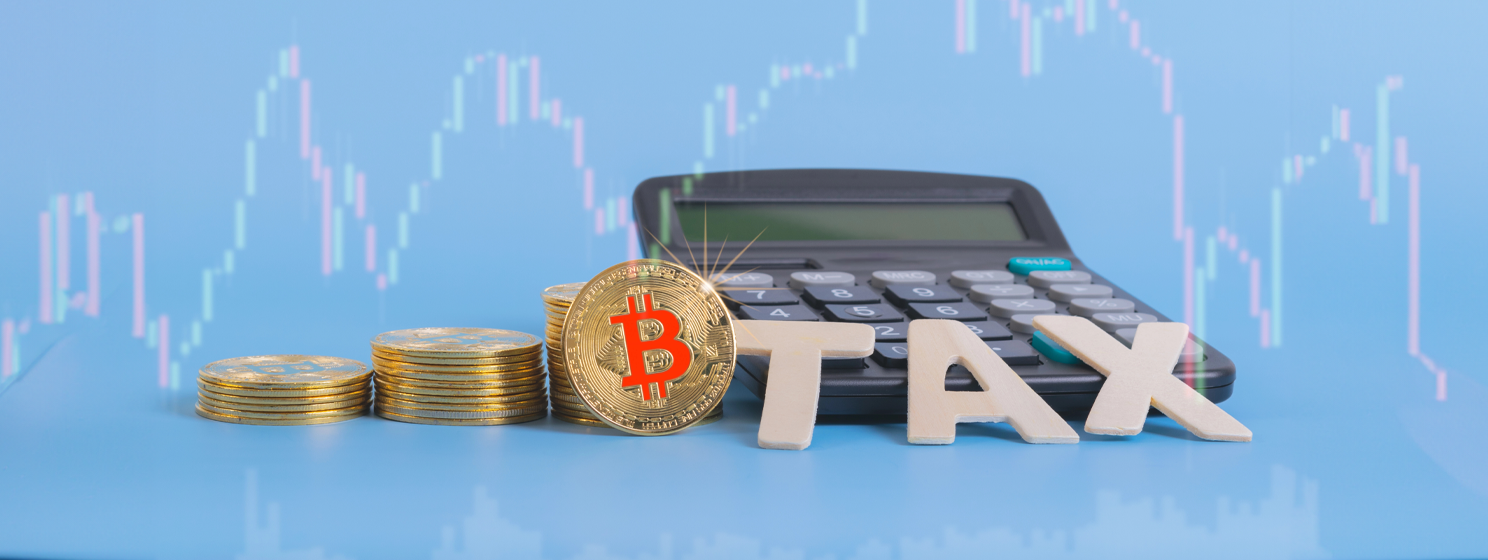|
Getting your Trinity Audio player ready...
|
The laws may have been passed, but the blockchain and cryptocurrency sector in Malta will have to wait a little bit longer before they can start operations.
On July 4, the Maltese Parliament unanimously passed three blockchain and crypto-related bills into law via a third reading. However, there still remains a lengthy consultation period with the Malta Financial Services Authority (MFSA) before these bill actually become law. For clarity’s sake, it has already been announced that the laws will become effective on October 1. The MFSA is currently consulting with various financial services providers on the finer points of the law and is expected to publish a Rule Book by the end of July.
“The MFSA wishes to highlight that the framework is in the meantime not yet in force. Therefore, the MFSA will be in a position to start receiving requests for approvals and authorizations under the act once the framework is operational,” the MFSA said in a statement.
Malta marked a new milestone by designing an innovative suite of legislation targeting blockchain. Three new legislative acts, featuring a well-matched intersection of law and technology, were enacted, re-confirming the important role which Malta is playing in this field. The Malta Digital Innovation Authority Act has established a new specialised authority, responsible for the certification and supervision of technology arrangements, including distributed ledger technology (DLT) platforms, and relating service providers who voluntarily apply for registration under the Innovative Technology Arrangements and Service Act. Certification shall translate into a seal of approval will be awarded on the basis of a number of conditions outlined in the same act.
Meanwhile, the Virtual Financial Assets Act (VFAA) regulates the offering of virtual financial assets, more commonly known as ICOs, through a new licensing regime featuring ongoing obligations for ICO-issuers or ancillary service providers to an ICO, if the issue or the service in question is provided in or from Malta.
The Maltese Parliament was also a first mover in introducing a ‘financial instrument test’ which will be used in the determination whether a DLT asset qualifies as electronic money, a financial instrument, virtual financial asset or virtual token. Furthermore, the current wild west of disclosure-trends in ICO whitepapers being published is now going to being stabilised through the disclosure obligations under the VFAA. The new law will bring standardisation to this novel market, thereby decreasing the information asymmetry between investors and ICO-issuers.
The government gazette notice will have to wait until regulators have thrashed out a framework underlying the VFA Act. During the two weeks, the MFSA has been busy gathering stakeholder opinions on regulations—from exemptions to fees and administrative penalties—related to the VFA Act. The consultation period for that ends on July 27.

 03-05-2026
03-05-2026 




